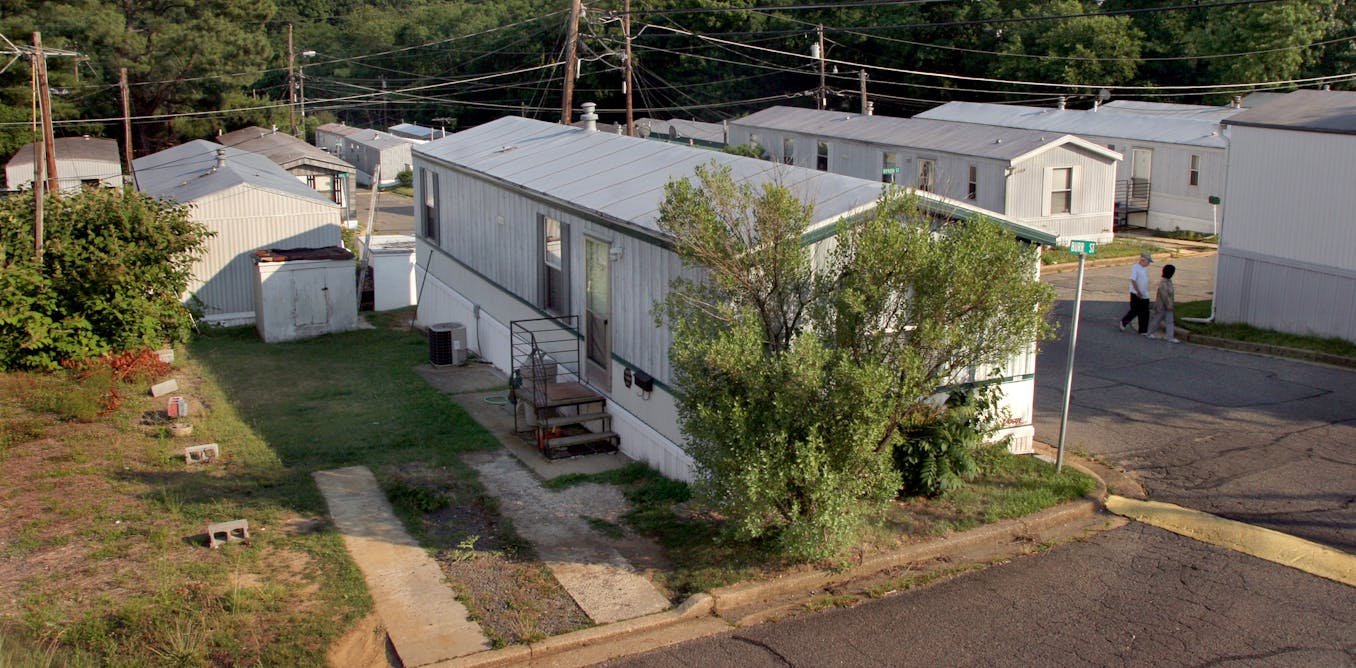Several beloved children’s books, including Calvin and Hobbes and The Magic Tree House, have been banned from school libraries across Tennessee following changes to the state’s book ban law.
Monroe County Schools recently added works by Shel Silverstein (A Light in the Attic), Bill Watterson (Calvin and Hobbes), and Mary Pope Osborne (The Magic Tree House) to its list of banned titles. According to PEN America, more than 500 titles have now been removed from libraries in Monroe County alone. Other districts—such as Oak Ridge, Wilson County, and Knox County—have also banned hundreds of books.
Expansion of Tennessee’s Book Ban Law
Tennessee’s legislature, led by a Republican majority, passed Senate Bill 2407 in 2022. Known as the “Age-Appropriate Materials Act,” the law allows each school district to decide which materials are suitable for students. Governor Bill Lee (R) signed the bill into law that same year.
Supporters of the law argue that communities should decide what children are exposed to. However, critics point to the removal of major literary works like To Kill a Mockingbird and Maus, a Holocaust-themed graphic novel, as evidence of overreach.
In 2024, lawmakers expanded the law through House Bill 843. The updated legislation requires schools to ban books that include sexually explicit content, nudity, or excessive violence, deeming them inappropriate for students from kindergarten through 12th grade.
Classic Children’s Books Caught in the Ban
The expanded law has led to the banning of several popular children’s books. The Magic Tree House: Ancient Greece and the Olympics was removed due to a cover image that features a nude Greek statue. Shel Silverstein’s A Light in the Attic was banned for illustrations of bare bottoms. Calvin and Hobbes, the well-known comic strip series that often deals with topics like nature and bullying, was also banned—though officials have not publicly explained why.
Concerns Among Educators and Librarians
A survey by the Tennessee Association of School Libraries found that 20% of school districts reported instances where district leaders ordered book removals without following the proper review process.
One anonymous response in the survey warned that books might be removed without evaluating their full educational value. “Librarians and educators are concerned that we will end up pulling a massive amount of books without looking at the books as a whole,” the person wrote.
Another respondent added, “Books will be removed with no valid reasons. Children will be denied materials valuable to their education because some random legislator will get to choose what they are allowed to read.”
Ongoing Debate
Tennessee’s book bans have drawn national attention as debates continue over what qualifies as age-appropriate content in public schools. While supporters of the law say it protects children from harmful material, educators and free speech advocates warn it could limit students’ access to diverse perspectives and important historical topics.
As schools prepare for the new academic year, the list of banned books may continue to grow—raising more questions about who gets to decide what Tennessee students can read.
Related topics:
.png)




